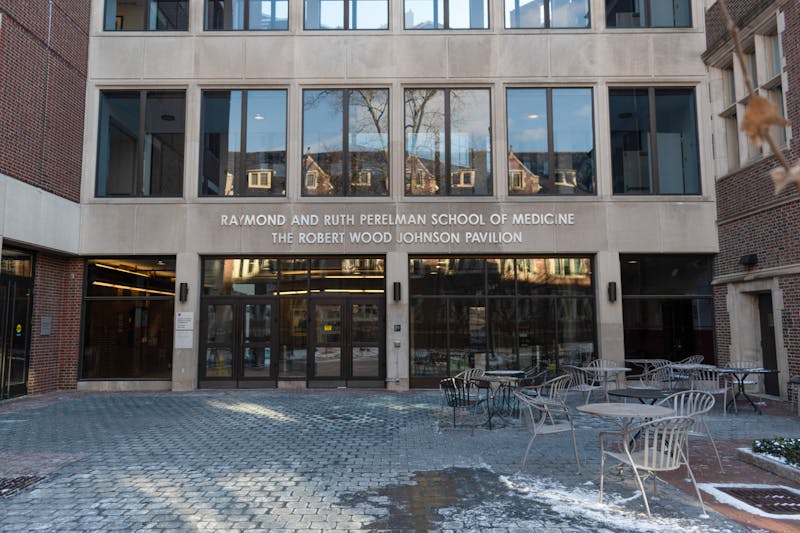Penn Libraries will open access to some of its collections by replicating them online, thanks to over $500,000 in grants from the federal government.
Penn Libraries announced Wednesday that it has received two grants totalling $530,000 from the National Endowment for the Humanities to work on systems to index and digitize manuscripts in the library’s collections.
Over half the money from the NEH will be going to the Schoenberg Database of Manuscripts, which was created in 1997 and is now the largest repository of data on Medieval and Early Modern manuscripts available to scholars.
William Noel, who oversees the collections, research programs and public programs for the library’s Special Collections Center, said the Schoenberg Database draws data from over 12,000 locations, including institutional, public and private collections. This makes it “one of the most important resources for the study of the ... history of manuscript books produced before 1600,” Noel said, noting that the database is invaluable to scholars, book collectors and students interested in studying the history of books before print.
Noel said that the $300,000 grant will be used to “radically transform” the Schoenberg Database into a global open-access tool where scholars and students can collaborate in keeping the record of manuscripts’ locations up to date.
The second $230,000 grant will be used to catalogue, index and digitize the University’s collection of over 300,000 Indic-language manuscripts. The project, directed by Nancy Shawcross, curator of manuscripts in Penn’s rare book and manuscripts library, will make these texts available on the internet to the general public.
Shawcross said most of the University’s collection of Indic-language manuscripts were acquired in the 1930s, ‘40s and ‘50s directly from Indian families and individuals who kept the books in private collections. Most of the texts are in Sanskrit and deal with religion, science and law, although other Indic languages are also represented.
In addition to indexing and cataloguing the texts, Shawcross plans to create high-resolution scans of the collection to place into an online public database.
“It’s great to have the [NEH]’s support in this,” said Shawcross, adding that this grant will help to open up scholarship to people everywhere and create “a truly global resource.”
The Daily Pennsylvanian is an independent, student-run newspaper. Please consider making a donation to support the coverage that shapes the University. Your generosity ensures a future of strong journalism at Penn.
DonatePlease note All comments are eligible for publication in The Daily Pennsylvanian.







